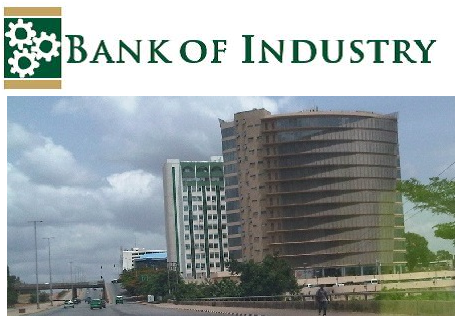Bank of Industry (BOI) said its profit before tax increased from N70.7 billion to N153.81 billion, the highest in its history. According to the bank, this represents 117.69 per cent. The chairman of the shareholders committee, Muhammed Bala, said this at the 64th annual general meeting, held at the Transcorp Hilton, on Wednesday in Abuja. BoI has continued its impressive financial performance, showcasing a year of remarkable growth and achievements despite the significant global and local economic challenges it faced in the period under review. “In furtherance to its drive to boost job creation through its interventions, the BoI significantly increased its disbursements to large, medium, small and micro enterprises. The bank in doing so advanced its credit to N496.717 billion to 75,809 beneficiaries. These efforts have had a substantial socio-economic impact, creating approximately 2,198,953 direct and indirect jobs across the country,’’ Mr Bala said. Mr Bala also mentioned that the bank’s total assets surged by an impressive 64.6 per cent, escalating from N2.37 trillion to N3.91 trillion.
According to him, this underscores the bank’s commitment to enhance its financial foundation and expand its capacity to support Nigeria’s industrial sector. Mr Bala said the bank’s loans and advances increased by 41.5 per cent, rising to N1.14 trillion and N803.6 billion, respectively, due to increased interventions and disbursements to enterprises. He said this reflected the BoI’s ongoing efforts to provide essential financial support to businesses across various sectors. “The bank’s total equity grew by 57.7 per cent from N427 billion to N678 billion, reinforcing the institution’s financial stability and capacity for future investments,’’ he said. On BoI’s outlook for the coming year, the chairman said the bank would continue to implement its medium-term corporate strategy for 2022-2024, “thereby effectively sustaining the trajectory of supporting Nigeria’s industrial growth.”
BoI managing director Olasupo Olusi said that during the period under review, the bank had empowered Nigerian enterprises, especially micro and small ones, to remain in operation sustainably. Mr Olusi said this was done through the bank’s disbursement lines and managed intervention programmes. He listed the programmes as including the Smallholder Farmer Financing Product, MSMEs Distributor Finance Programme, Fintech/Digital Lending Product, and Nigeria COVID-19 Action Recovery and Economic Stimulus (NG-CARES). He said the Business Resilience Assistance for Value-Adding Enterprise (BRAVE) was also part of the programmes. “The BoI’s continued focus on strategic lending and investment in critical sectors has been instrumental in achieving these outstanding results. As the bank looks to the future, it remains dedicated to leveraging its financial strength to support the industrialisation and economic transformation of Nigeria,’’ he said. (NAN)

